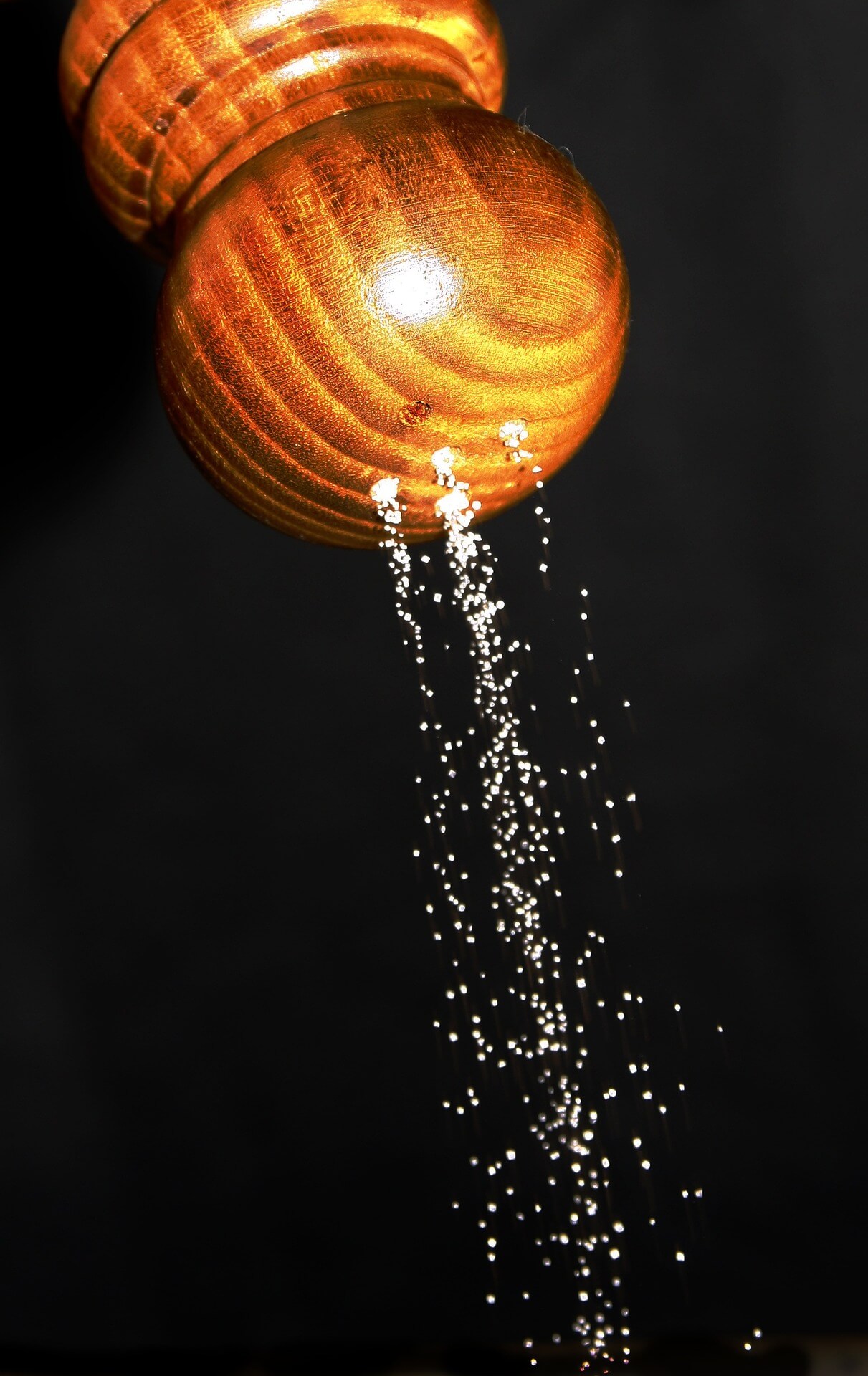Immune System: Last Line of Defense
We all have that one friend that never gets sick. It seems like they are able to be around people that have a cold or fever and they never catch it. Ever wonder why that is? It’s their immune system.Our immune system develops when we are young, but everyone is different based on individual circumstances. If your immune system isn’t up to par, fear not…there are things that we can all do it increase the strength of our immune systems.
A healthy immune system = a healthy body
The immune system identifies, attacks, and kills foreign substances in our bodies to help prevent us from getting sick. This system is composed of multiple glands, mucous membranes, reflexes, the skin, the gut, and a variety of cells. All of these components need to work together to provide us with the ability to fight off illnesses and contribute to our immunity against certain illnesses.
Because our immune systems are composed of so many different components and responsible for so many different functions, it is a complicated system and can be impacted by a wide variety of things. When we strive to create a healthy immune system there are some key points that we need to focus on:
-
Water
- Ensuring our bodies have the appropriate amount of water helps both the immune system function properly as well as the rest of the body. General recommendations for proper hydration is to drink 125 ounces per day for men and 90 ounces per day for women. This level ensures that our bodies have enough water to perform at optimal levels.
-
Healthy Fats
- Fats are often given a bad representation. While some fats can be harmful, this is not the case for all types of fats. Saturated and trans fats, when consumed in large quantities, can be a hazard to our health. They can affect cholesterol and heart health. The good forms of fat are mono- and polyunsaturated fats. These fats are essential for our bodies to keep functioning properly and help support our immune system. Good sources of healthy fats are fish, nuts, and avocados!
-
Weight
- It is normal for weight to fluctuate from month to month, even day to day, but letting our weight get out of hand can have a negative impact on our immune system. When our bodies are carrying extra weight, our immune systems have to work overtime and often with less resources. This results in a weaker immune system and a decreased ability to fight infections. You can reference the CDC recommendations here.
-
Activity
- Regardless of the type of activity, running, weight lifting, cycling, etc., our bodies are designed to move. This movement not only can help keep our weight decreased, help heart function, and improve our bodies ability to function thus improving our ability to fight off infections. A good goal to set is increasing activity to 30 minutes at least 5 days per week.
-
Vitamins
- Our bodies are very efficient, but cannot do everything. We produce various vitamins that our bodies need such as vitamin D with sun exposure, but there are vitamins that our bodies need to function properly that we need from our diets. These essential vitamins are best obtained with a diet rich in fruits, vegetables, plants, seeds, nuts, and whole grains. By eating a wide variety of healthy, natural foods we ensure our bodies have the proper nutrients to function, and ensure that our immune systems are running at optimal levels.
-
Sleep
- Sleep allows our bodies to recharge, convert short into long-term memory, and catch up on repair from the day. Ensuring we get good, quality sleep can be difficult. Try getting a better night sleep by following the tips in this blog post!
Most of these tips are not only to support the immune system, but are overall good lifestyle choices. It’s funny how that works! When our bodies are getting the proper diets and activity, our immune system also benefits by ensuring we are prepared to fight off any invaders.
Recommended Reading
What’s the deal with sea salt?
What's the Deal With Sea Salt? We have always heard that table salt can be bad for us. It has been said to increase cardiovascular risks by increasing the water content [...]
Why Is Vitamin D Vital To Our Nutrition Needs?
Why Is Vitamin D Vital To Our Nutrition Needs? At any given moment, there are millions of processes going on in our body. These processes can be anything from cells [...]
Sciatica treatment at Festus Chiropractor
Sciatica treatment at Festus Chiropractor A lot of people that visit our Festus chiropractic clinic are dealing with sciatica. A common question that we get is what is sciatica? Patients [...]




